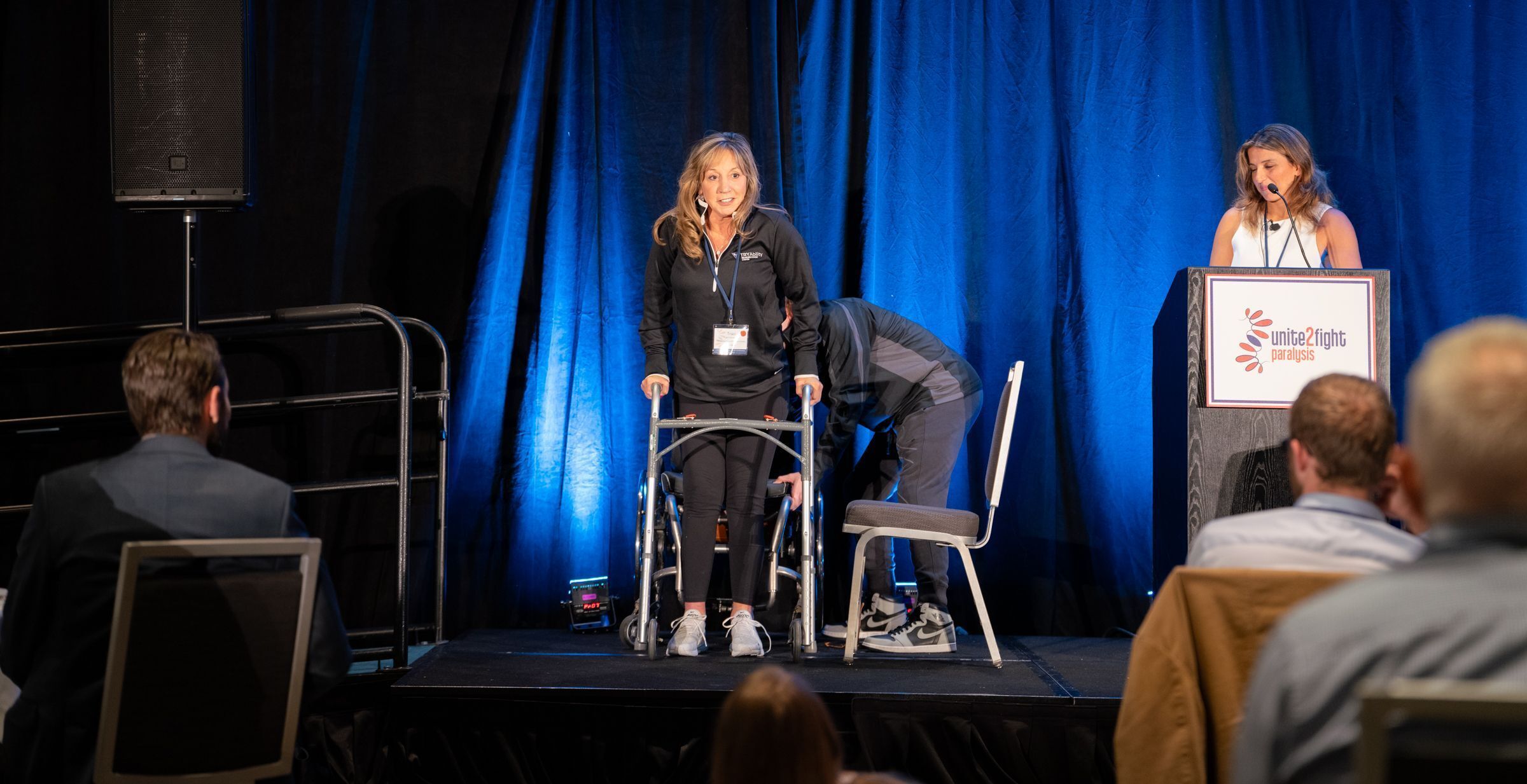
Candace Floyd, PhD
Professor, Department of Emergency Medicine School of Medicine, Emory University; Research Scientist, Atlanta VA Medical Center; Director, Emory Neurotrauma Translational Research Center (ENTiRe)
Abstract
Estim +: Establishing a Translational Platform for Combination Therapies
The field of therapeutic development in spinal cord injury (SCI) has the overarching goal of developing effective strategies to restore motor, sensory, and autonomic function in persons with SCI. Much progress is being made in the understanding of the basic biomechanical, cellular, and molecular mechanisms that contribute to the pathobiology of SCI. This improved understanding is leading to development of new therapeutics including pharmaceuticals, gene therapies, cellular therapies, and small molecule approaches. More recently, groundbreaking research indicates that neuromodulation conveyed by epidural electrical stimulation (estim) of the spinal cord induces some functional recovery, particularly when this therapeutic modality is applied in the context of other activity-based therapies.
We and others hypothesize that the combination of epidural spinal cord stimulation with other effective therapies may provide better restoration of function that a single therapy. Thus, we are developing and validating a translational platform for testing estim in combination with other therapies using a highly clinically-relevant pig model of SCI. Pigs are selected as the translational model due to the many similarities to human physiology. Our team is developing and validating novel outcomes in pigs that are back-translated from human medicine including assessments of volitional movement, sensory function, autonomic function, and sleep quality. This effort also includes the input of persons with lived-experience in SCI regarding the research design and priorities. This translational research platform will be widely available for collaboration and testing of combination therapies that include neuromodulation as well as other combinations. Supported by generous donations from Byron Riesch Paralysis Foundation, Conquer Paralysis Now, Get Up Stand Up 2 Cure Paralysis Foundation, Morton Cure Paralysis Fund, United Paralysis Foundation, and organizational support from Unite 2 Fight Paralysis Foundation. Also supported by Emory Department of Emergency Medicine and the Emory Neurotrauma Translational Research Center.
Bio
Candace Floyd, Ph.D., joined Emory in October 2022 in the Department of Emergency Medicine where she directs the Translational Neurotrauma Research laboratory that utilizes porcine models of traumatic brain injury, spinal cord injury, and neuropathic pain to advance development and translation of novel therapies. Additionally, Dr. Floyd directs the Emory Neurotrauma Translational Research Center, ENTiRe. The overarching goal of ENTiRe is to provide a collaborative resource to accelerate the pace and success of translation of novel treatments by providing highly-clinically relevant pig models and assessment tools to support efficacy and investigation new drug/device (IND)-enabling research. Dr. Floyd is a certified professional in Good Laboratory Practice and expert in behavioral pharmacology, large animal survival surgery, image-guided neurosurgery in large animals, neurotrauma models, and development and back-translation of outcomes from human research/clinical practice to pig models. Dr. Floyd’s research is currently funded by the National Institutes of Health, the Department of Defense, the Department of Veterans Affairs, private foundations, and industry contracts. She also receives research support from the Department of Emergency Medicine in the Emory School of Medicine and Grady Hospital.






















